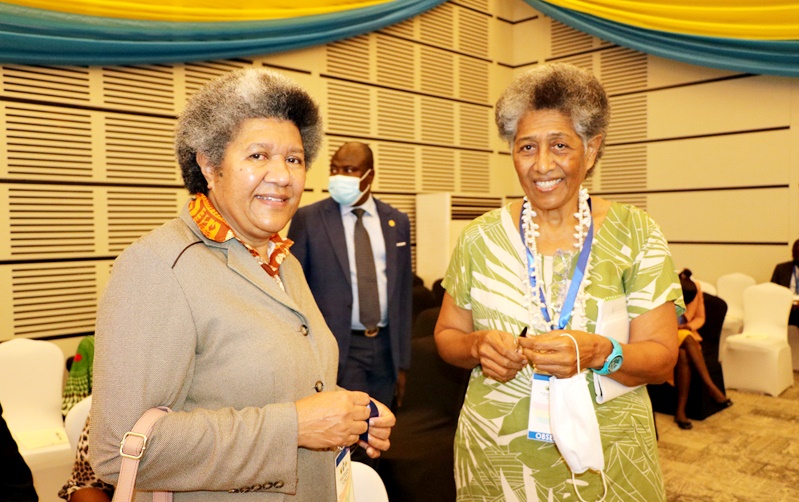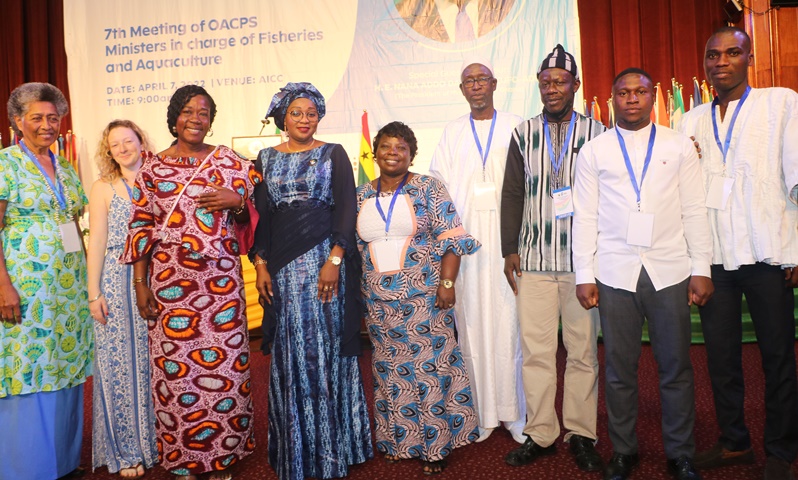The WTO negotiations on fisheries subsidies have been going on for more than twenty years, and we appreciate the constant engagement of the OACPS negotiators on this issue.
WTO Members need to be mindful of artisanal fisheries critical role in all our countries with regard to food security and livelihood of vulnerable coastal communities that depend on fisheries.
To protect ACP artisanal fishing communities, the Special and Differentiated Treatment provisions should ensure that public funds invested in services and infrastructures that will improve our communities working and living conditions, especially those of women all along the artisanal fisheries value chains, are exempted from discipline, with no limits in time.

We also wish to draw your attention to the fact that, in ACP countries, much of the industrial fishing is carried out by vessels from a handful of foreign distant water fishing (DWF) countries listed as top providers of harmful subsidies. These subsidized fleets access ACP waters through fishing agreements, but also through private licensing schemes, chartering or reflagging, and their operations often lead to over-exploitation and over-fishing, threatening small-scale fishing communities’ future.
We concur that no subsidies should be granted for a vessel not flying the flag of the subsidizing member, so that a vessel of foreign origin reflagged to one of our countries, doesn’t continue to get subsidies from its country of origin.
But what is most important for us is that fisheries management and enforcement that aim to fight over capacity, overfishing and IUU fishing, in order to establish sustainable and equitable fisheries benefitting local communities, shouldn’t be affected by any potential WTO agreement.


